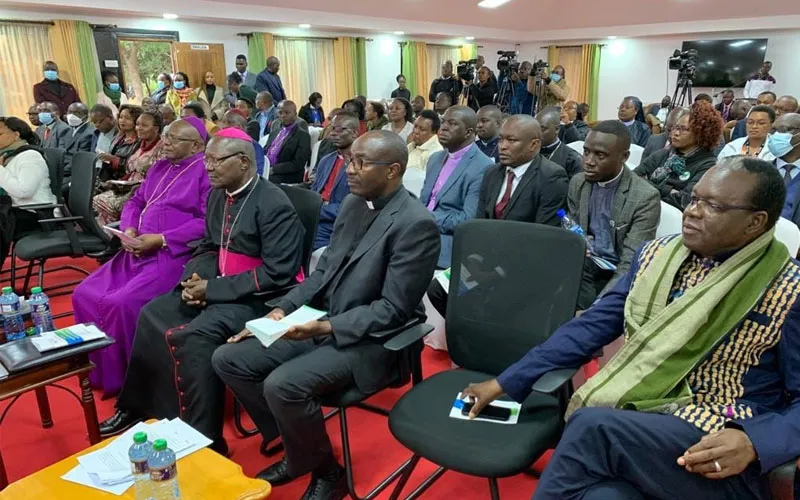Nairobi, 04 August, 2022 / 10:08 pm (ACI Africa).
Religious leaders in Kenya have urged the Independent Electoral and Boundaries Commission (IEBC) to conduct Kenya’s August 9 general elections in a manner that does not trigger doubts about their credibility.
In a Wednesday, August 3 message during the joint prayer meeting that the Kenya Conference of Catholic Bishops (KCCB) and National Council of Churches of Kenya (NCCK) organized with IEBC, the faith leaders made reference to previous elections in the East African nation and urged IEBC to “seal any loopholes” that would discredit the poll process.
“We strongly encourage you and the entire team to take the measures necessary to seal any loopholes that could lead to questioning of the credibility of the elections,” the representatives of religious leaders in Kenya said in the message that was read out by Bishop John Oballa Owaa of the Catholic Diocese of Ngong.
They urged IEBC to seal the loophole around form 34A. Under Kenya’s Election Regulations, Form 34A is the first form used to tabulate results of the presidential election.
Filled by the Presiding Officer after the counting of votes at the polling station, form 34A has details of the votes garnered by each candidate, the total number of registered voters in that station, the rejected votes, the objected ones, the disputed and the valid votes. The candidate or their agents ratify the contents by appending their respective signatures.








